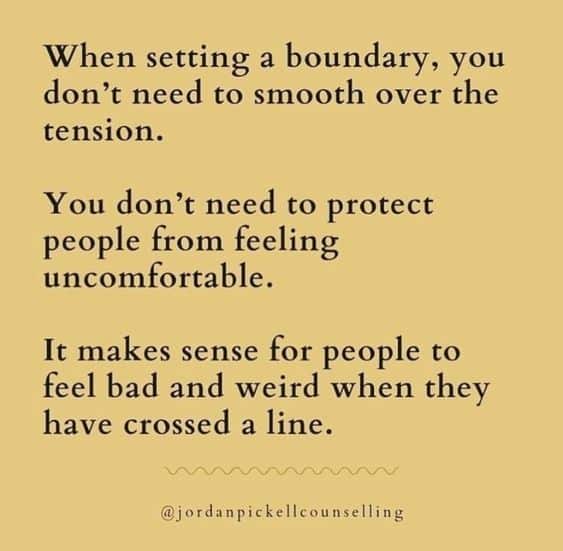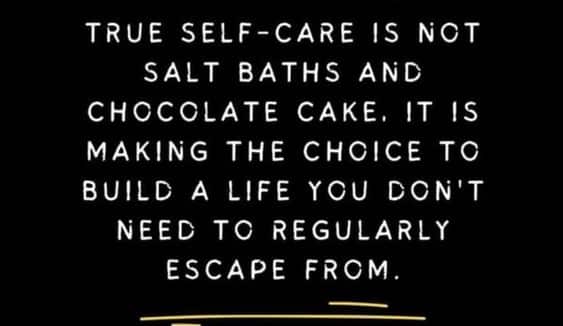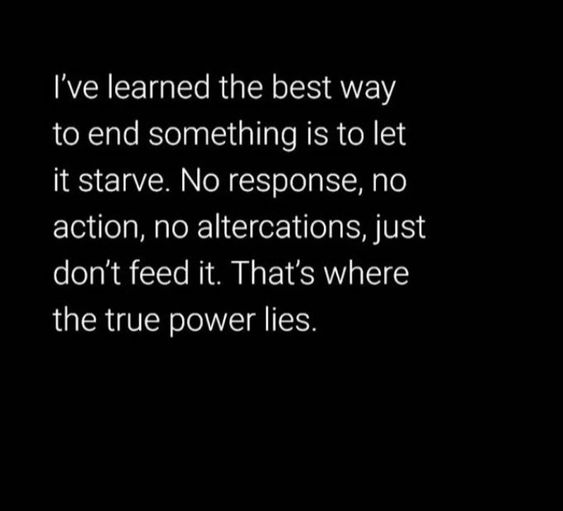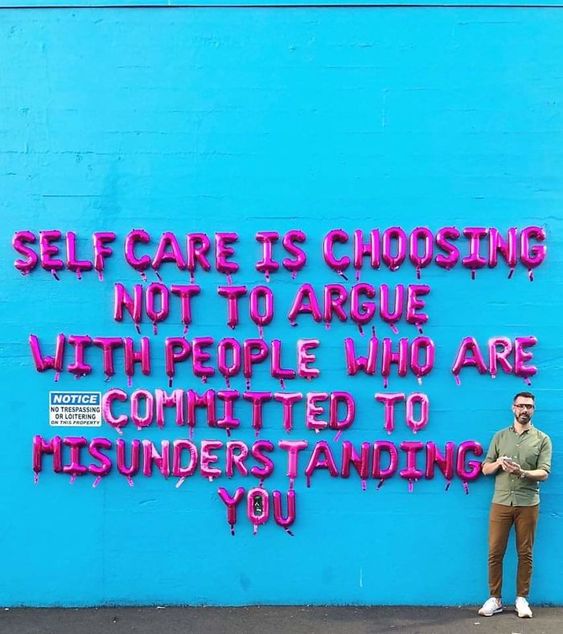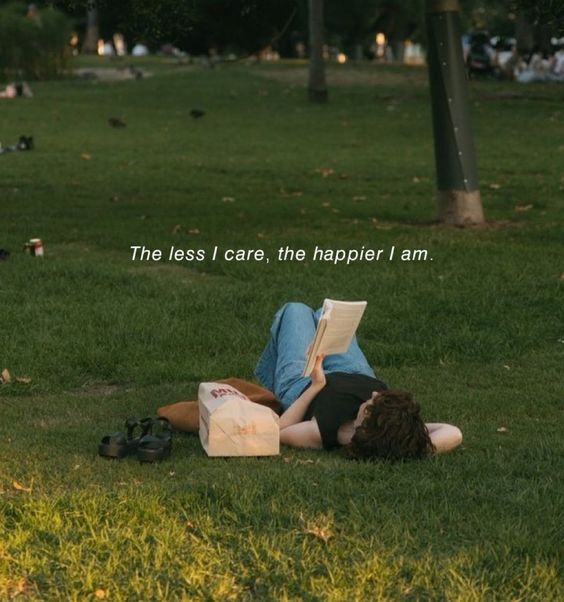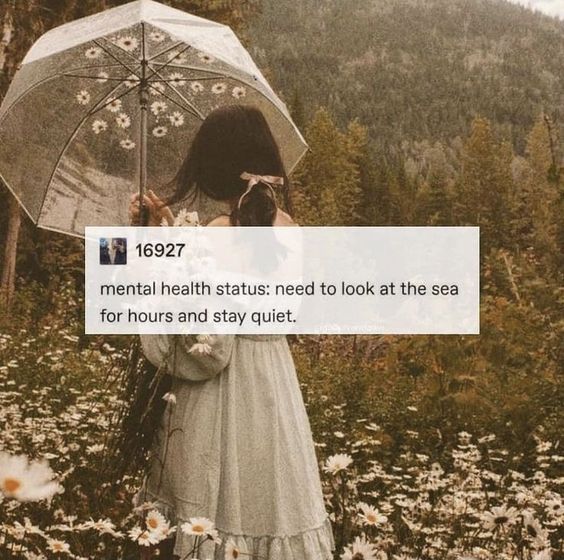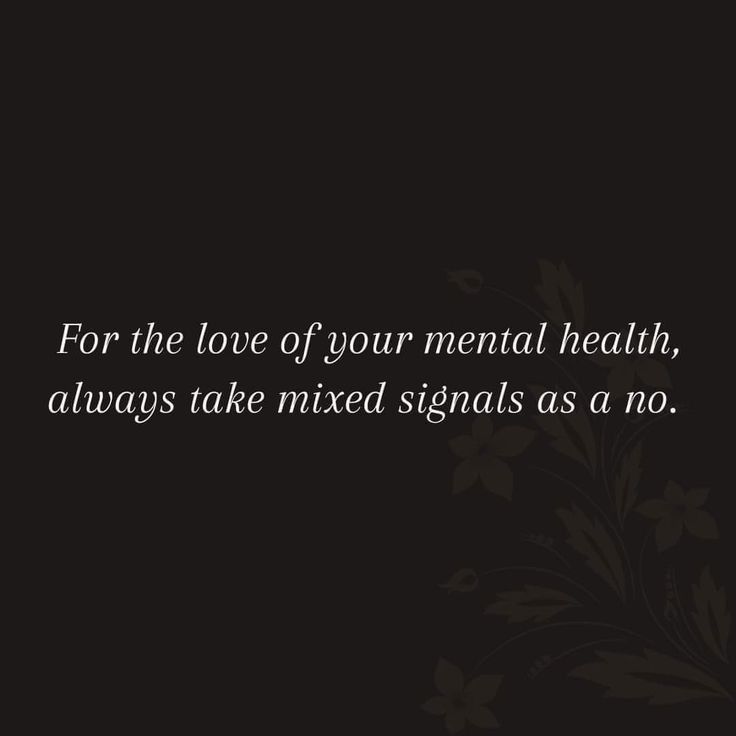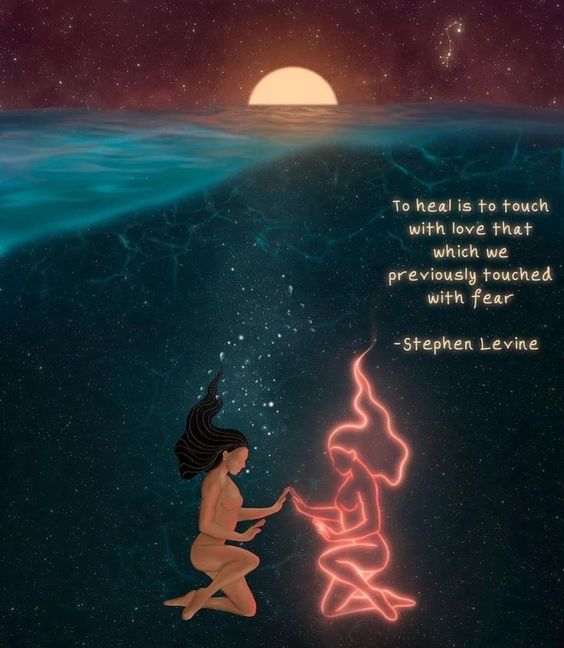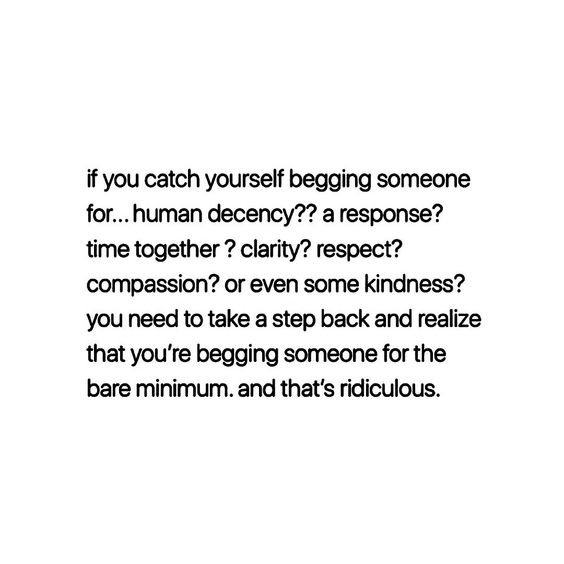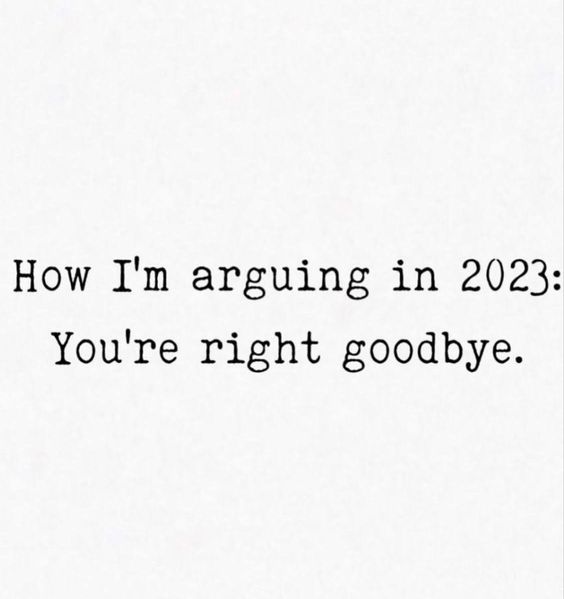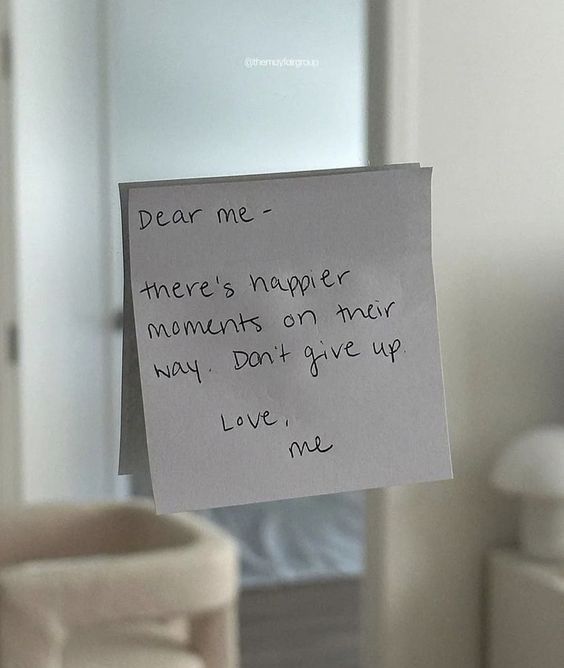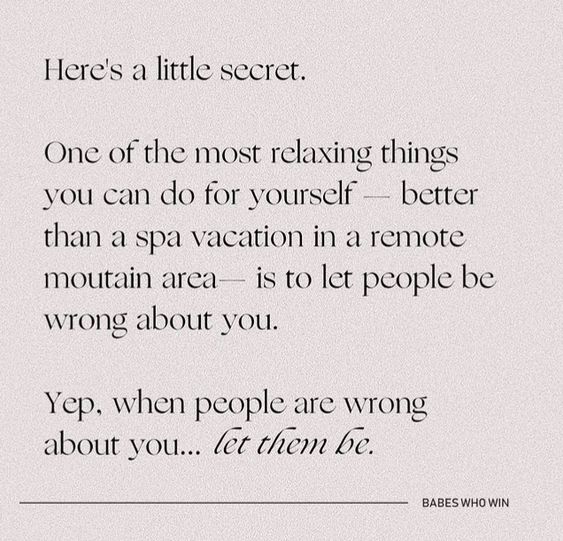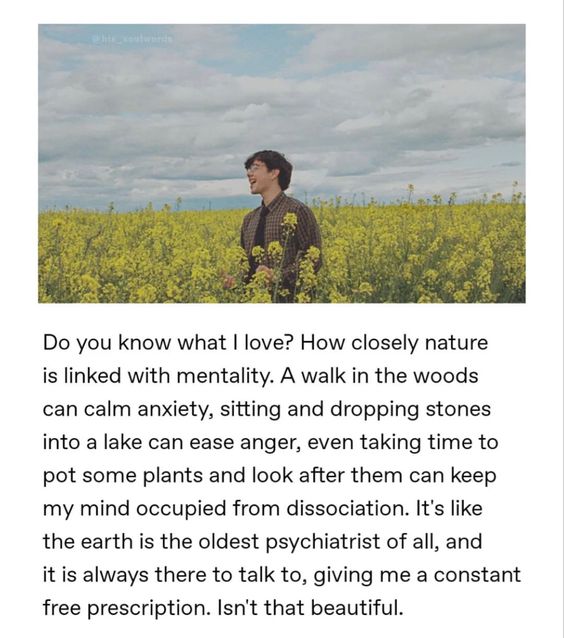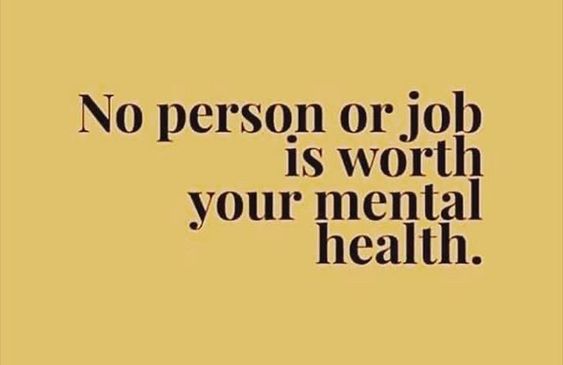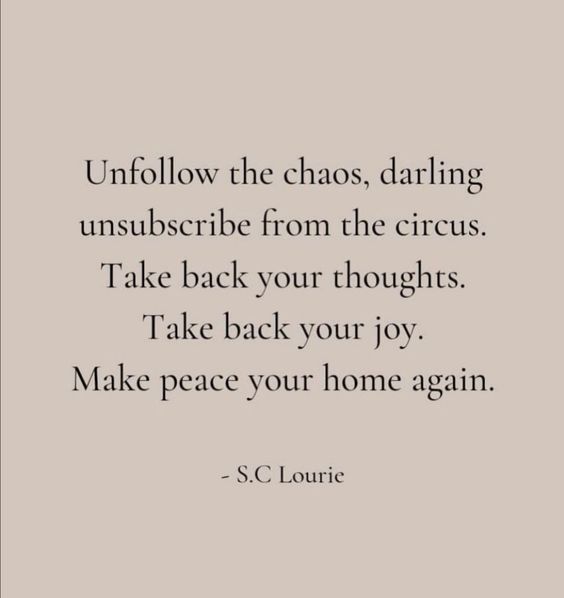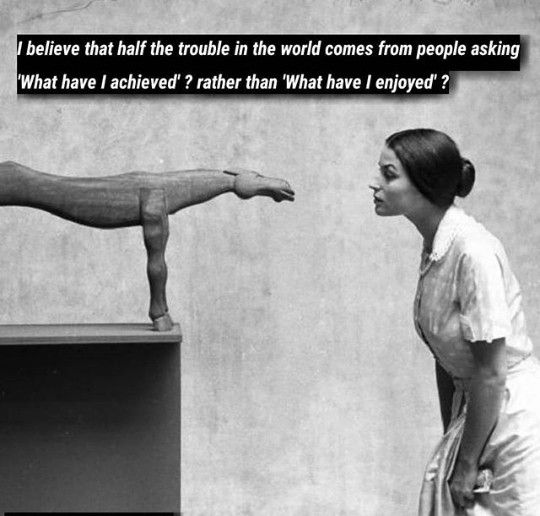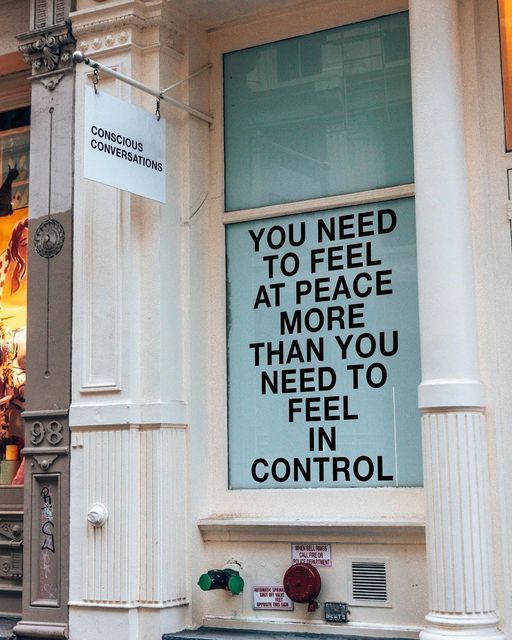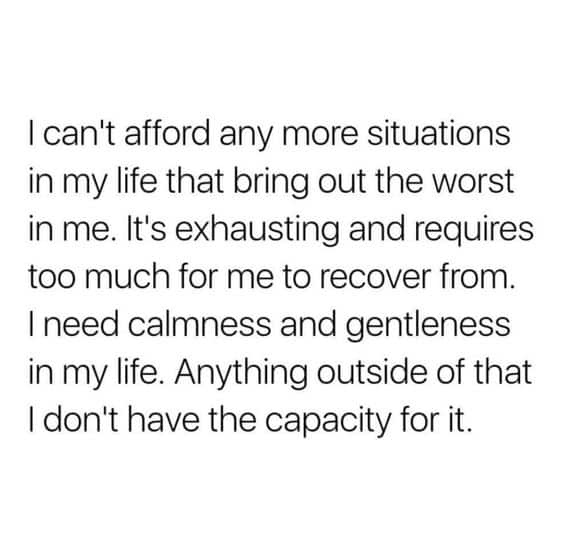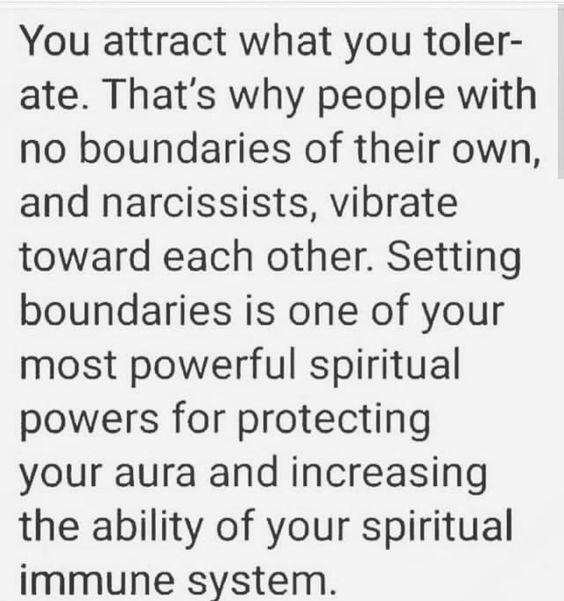“We want to see [fear] as its own entity, separate from us. When we talk about our emotions, we usually say we are that emotion. I am angry. I am sad. I am afraid. Talking to our fear separates it from us and helps us understand that the fear is not us, it is just something we’re experiencing. When you meet someone who gives off a negative vibe, you feel it, but you don’t think that vibe is you. It’s the same with our emotions—they are something we’re feeling, but they are not us. Try shifting from I am angry to I feel angry. I feel sad. I feel afraid. A simple change, but a profound one because it puts our emotions in their rightful place.”
Jay Shetty, Think Like A Monk (Page 55)
